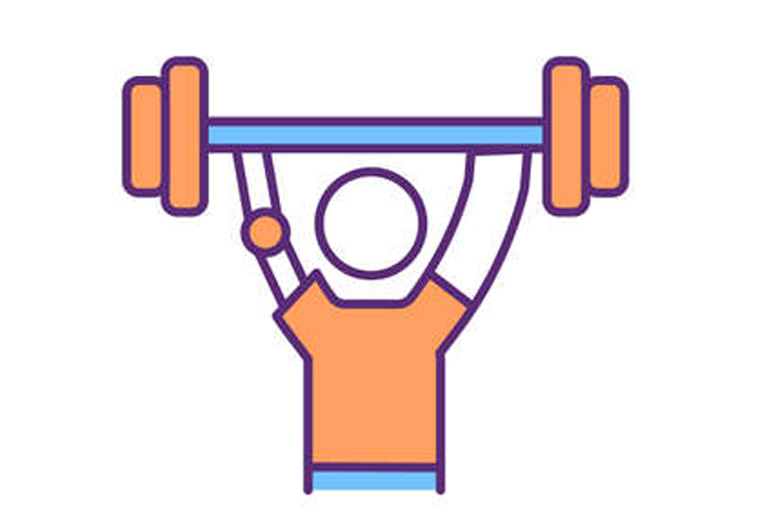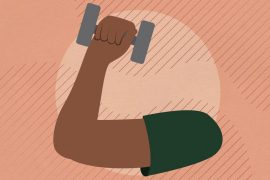The dilemma of whether to change workout routines regularly or stick with the same routine for an extended period is common among fitness enthusiasts. While switching routines can offer several benefits, such as preventing plateaus and boredom, it’s crucial to consider your fitness goals when making this decision. If your goal is to build muscle and strength, sticking with exercises you can progressively improve upon over time may be more effective.
However, if you’re looking to add variety or challenge yourself in new ways, trying new activities like swimming or dancing can be beneficial. It’s essential to listen to your body and adjust the frequency of changes based on how you feel. If you’re constantly sore, it may be a sign to slow down the changes and focus on maintaining consistency in your workouts. Additionally, don’t forget to incorporate exercises you’re already proficient in, as they can help you stay fit and maintain proper form. Ultimately, the key is to have a clear understanding of your fitness goals and tailor your workout routine accordingly to achieve optimal results.
Varying your workout routine can indeed offer several benefits and play a crucial role in maximizing fitness gains while preventing plateaus. Here’s how:
- Keeps Things Fresh: Trying new exercises and activities keeps your workouts exciting and prevents boredom, which can lead to quitting altogether. When you’re engaged and interested in your workouts, you’re more likely to stick with them long-term.
- Strengthens Different Muscles: Different exercises target different muscle groups, allowing you to develop overall strength and fitness. By incorporating variety into your routine, you can ensure that all muscle groups are adequately challenged and developed.
- Helps Prevent Injuries: Repeating the same exercises or movements over and over can lead to overuse injuries as certain muscles and joints bear the brunt of the stress. Changing up your routine distributes the workload more evenly across your body, reducing the risk of overuse injuries.
- Promotes Muscle Adaptation: Your body adapts to the demands placed upon it during exercise. By continually challenging your muscles with new exercises and movements, you prevent them from plateauing and encourage ongoing adaptation and improvement.
However, it’s important to strike a balance when varying your routine. Changing things too often may not allow your muscles enough time to adapt and improve. Here are some signs that suggest it’s time to change or modify your fitness routine:
- Plateaued Results: If you’ve stopped seeing progress in terms of weight loss, strength gains, or endurance despite consistent effort, it may indicate that your body has adapted to your current routine.
- Boredom or Lack of Motivation: If you find yourself dreading workouts because they’ve become repetitive or monotonous, it’s a sign that you may need to introduce some variety.
- Persistent Muscle Soreness: While some soreness after a tough workout is normal, persistent or chronic soreness may indicate overuse of certain muscle groups. Changing your routine can help alleviate this.
- Difficulty Completing Workouts: If exercises or routines that were once easy have become challenging, it may indicate that your body has adapted and requires a new stimulus.
- Increased Risk of Injury: Repeatedly performing the same movements can put undue stress on certain joints and tissues, increasing the risk of overuse injuries. Introducing variety can help mitigate this risk.
Overall, listening to your body and being attentive to signs of stagnation or overuse is key. If you’re unsure how to modify your routine or need personalized guidance, consulting with a certified trainer or physiotherapist can be beneficial. They can help create a tailored plan that keeps you engaged, motivated, and progressing toward your fitness goals safely and effectively.
Disclaimer:
The information contained in this article is for educational and informational purposes only and is not intended as a health advice. We would ask you to consult a qualified professional or medical expert to gain additional knowledge before you choose to consume any product or perform any exercise.







